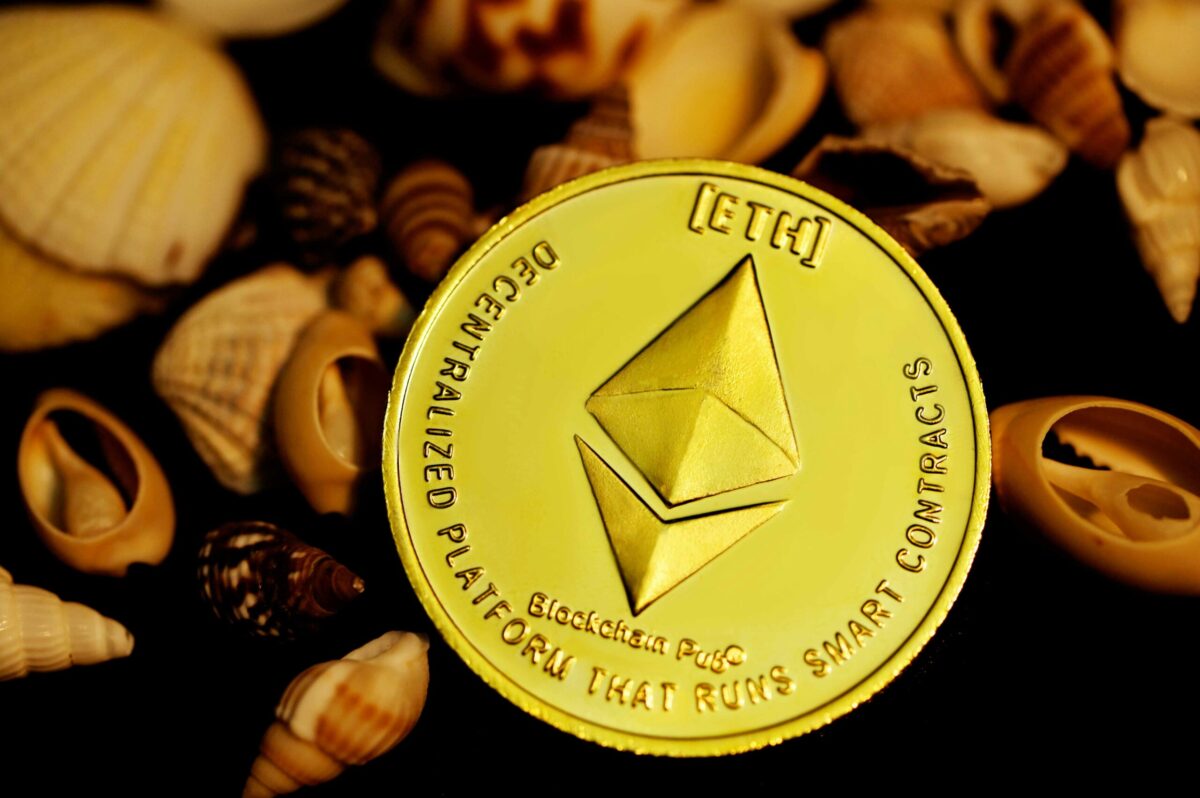On 25 September, PayPal announced a significant expansion of its cryptocurrency services.
US businesses can now buy, hold, and sell cryptocurrencies directly from their PayPal business accounts. It’s part of the company’s growing interest in digital currencies and blockchain technology.
The payment giant’s decision to allow US businesses to manage cryptocurrencies follows an increasing interest from business owners. The move allows businesses here to access the same crypto services that PayPal has offered to individual users for years.
Until now, only individual users could use PayPal and Venmo to trade digital currencies. According to the Senior Vice President of Blockchain, Crypto, and Digital Currencies at PayPal, Jose Fernandez da Ponte, many business owners have been asking for these features-
“Business owners have increasingly expressed a desire for the same cryptocurrency capabilities available to consumers. We’re excited to meet that demand.”
This new offering doesn’t just allow businesses to hold crypto; it also enables them to transfer cryptocurrencies to eligible third-party wallets. It also means that businesses can send and receive supported tokens, expanding how they can use crypto in their daily operations.
However, there is one exception—PayPal has stated that this service will not be available to business account holders in New York, despite the company having the necessary BitLicense and trust licence from the New York Department of Financial Services.
A growing role in crypto market
PayPal has been steadily increasing its involvement in cryptocurrencies over the last few years. In 2020, it first offered crypto trading for individual users, allowing them to buy, hold, and sell cryptocurrencies through their PayPal and Venmo accounts.
In 2023, PayPal launched its own stablecoin, PayPal USD ($PYUSD), which is fully backed by US dollar deposits, US Treasuries, and cash reserves.
A stablecoin is a type of cryptocurrency that is linked to the value of a traditional currency. $PYUSD can be exchanged at a 1:1 rate with the US dollar on both PayPal and Venmo platforms.
Paxos Trust Company, which is licensed by the New York Department of Financial Services, manages the issuance and custody of PayPal USD.
Recently, PayPal expanded its stablecoin to the Solana blockchain. The reason for this was the lower transaction fees on Solana compared to other blockchains like Ethereum. This makes it easier to use cryptocurrencies for smaller transactions.
Another advantage is that transactions on Solana can remain confidential, meaning payment amounts are not publicly visible, while still ensuring they comply with regulations.
Despite reaching a market cap of $1 billion, $PYUSD remains far smaller than its main competitors, Tether ($USDT) and USD Coin ($USDC), which have market caps of $118 billion and $35 billion, respectively.
A decline in market value
Recently, PayPal’s stablecoin faced a sharp drop in its market value. As of 25 September, its market cap had decreased by nearly 30%, falling from over $1 billion to $712 million. This drop was mostly due to a reduction in $PYUSD’s market cap on the Solana blockchain.
On 26 August, PYUSD’s value on Solana was $662 million, but by 25 September, it had fallen to $364 million. However, on Ethereum, $PYUSD’s market cap has remained steady at around $340 million.
Stablecoins often see fluctuations in their market value, but this decline for $PYUSD happened while the overall stablecoin market grew by nearly 1.6%. Another possible reason for this is the drop in decentralised finance (DeFi) yields.
DeFi protocols allow users to earn interest by providing their stablecoins as collateral. The yield for providing $PYUSD as collateral on the Kamino protocol dropped from 14% in late August to 7.6% by late September.
As a result, the total amount of $PYUSD locked in the protocol fell by 30%, dropping from $430 million to $296 million.
Despite these challenges, $PYUSD remains the third-largest stablecoin within Solana’s ecosystem. It trails behind Tether USD ($USDT), which has a market cap of $728 million, and USD Coin ($USDC), with a market cap of $2.6 billion.
PayPal is also continuing to form partnerships to promote its stablecoin. In August, it teamed up with Anchorage Digital to offer rewards for using $PYUSD.
This indicates that PayPal is diversifying its efforts to boost interest in $PYUSD and increase its adoption in various areas of the crypto world.


